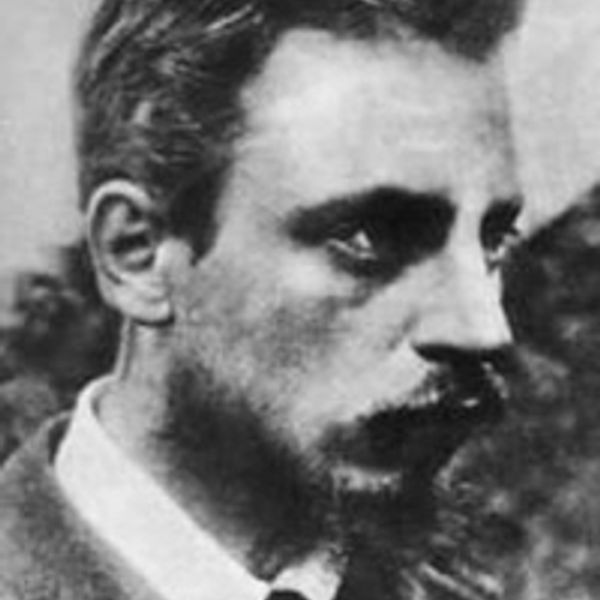Lia Purpura, Parasol Mushroom (detail), featured in AGNI 102
from Sonnets to Orpheus: Part 1, Sonnets 5 and 6
Part 1, Sonnet 5
Erect no memorial stone. Just let the roses,
year after year, in his memory, bloom.
For it’s Orpheus, and he metamorphoses
into this and that. No need to make room
for any other names; once and for all,
it’s Orpheus if it’s singing. He arrives,
departs. Is it not much that he survives,
sometimes, a few days longer than the bowl
of roses? Although to vanish makes him afraid,
he must vanish so that each of us understands.
In that his word surpasses this existence,
he’s gone alone already into distance.
The lyre’s lattice hinders not his hands.
And when he has overstepped he has obeyed.
Part 1, Sonnet 6
Is he native to this place? No. From both
kingdoms his vast nature got its growth.
This one who knows the willow’s roots knows how,
as a result, to bend the willow’s bough.
When going to bed, never leave bread
and never leave milk on the table: they draw the dead.
But may he, the conjurer who makes them rise,
mix under the mild lids of his eyes
their apparitions with all he has been shown;
and may for him the charm of earth smoke and rue
be, like the clearest of relations, true.
His is the authentic image nothing can mar;
be they from graves, be they from rooms he has known,
he praises bracelet, finger-ring, and jar.

Rainer Maria Rilke
Rainer Maria Rilke (1875–1926), born to a German-speaking family in Prague, was a prolific poet, essayist, critic, and correspondent who rarely did anything but write. Well-known for his restlessness, he often became dissatisfied with his current “home,” sometimes only days after moving there with his custom-made standing desk. Among many other places, he lived in Paris, most notably in 1902–03 when he worked for Auguste Rodin. Inspired by the great sculptor, he began to look at objects with an artist’s eye, and developed a new lyrical style in his so-called Dinggedichte, “thing poems.” During the last years of his life he lived mostly in Muzot, Switzerland, where he wrote 400 poems in French. Rilke died of leukemia in December 1926. His collections include The Book of Images, New Poems, the Duino Elegies, and the Sonnets to Orpheus.

Lorne Mook
Lorne Mook grew up on a farm in northwest Pennsylvania and now lives in Upland, Indiana, where he teaches in the English Department at Taylor University. His translations of Rainer Maria Rilke’s poems have appeared in AGNI, Poetry International, and Literary Imagination. A collection of his own poems, Travelers Without Maps, was published in 2002 and features on its cover his photograph of the Château de Muzot, where Rilke wrote the Sonnets to Orpheus. (updated 10/2008)
